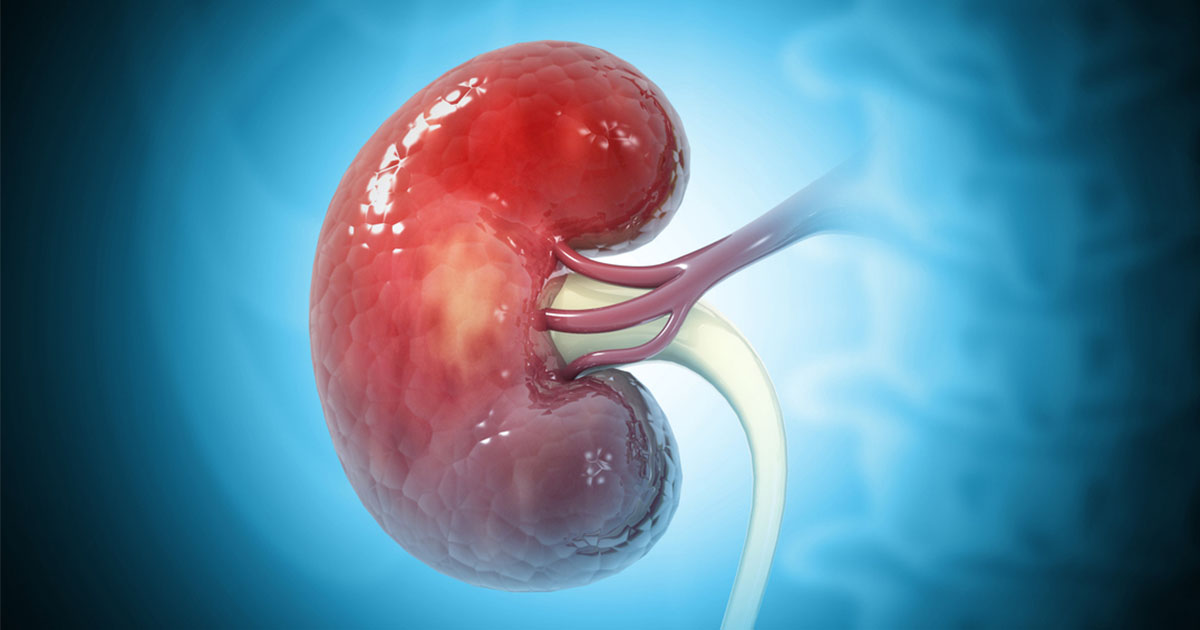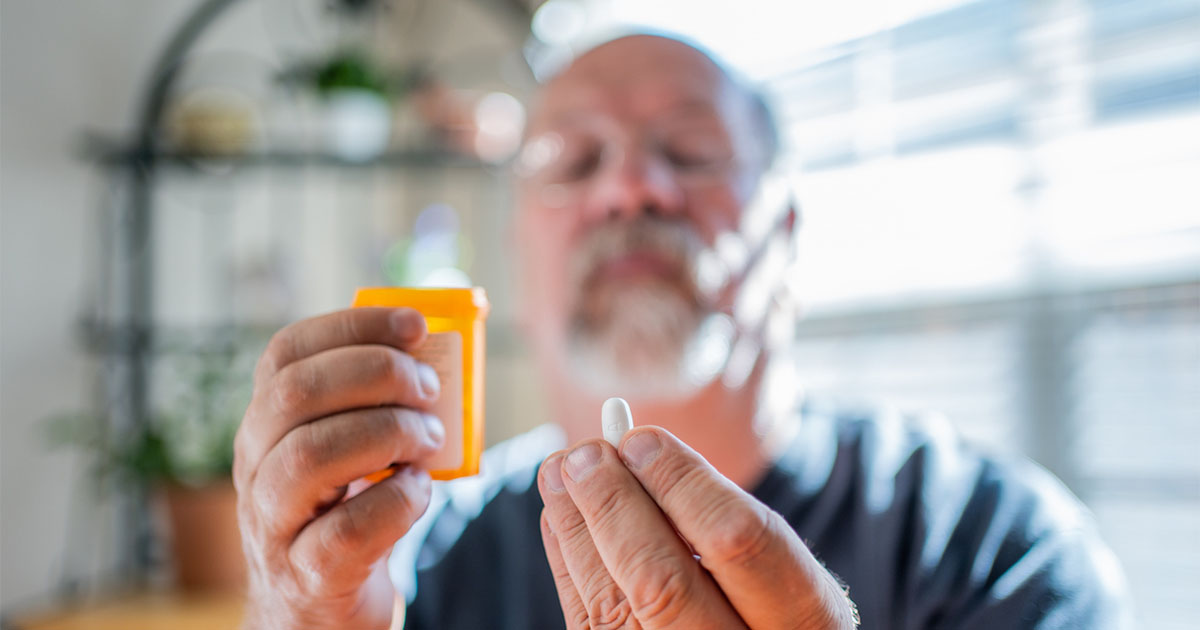The third national PCDS conference has been confirmed and the final planning stages are in full swing. The dates for your diary are 16th and 17th November 2007. We aim to present topics that are new, practical and that will help us build on the successes brought about by the nGMS contract, the QOF and the ability of general practice to meet demand. The evidence shows primary care is being productive on this front – although work still needs to be done to further motivate and involve people in their own care and improve DM20 results (see Figure 1). As if you needed reminding, that is an HbA1c of 7.5%.
At last year’s conference we, the PCDS committee, felt that the role of practice nurses within the PCDS needed enhancing, so we appealed for help to ensure the voice of practice nursing was being heard. Look at the clinical indicators: all are suitable to become nurse-led initiatives. Several nurses offered their support and we now have a committee comprising GPs and specialist and practice nurses – even one who doubles as a podiatrist! We cannot become complacent.While encouraged by the QOF results, we also need to consider the Diabetes: State of the Nations 2006 Report from Diabetes UK (2007), which reveals that not enough is being done to detect and prevent diabetes. It states:
‘Health professionals who see people at risk every day are not making the most of the opportunities they have to identify people with undiagnosed diabetes and inform them about reducing risk.’
Yes, we are busy and yes, no points are awarded for it but we could, and should, do better. But is it fair for us to be asked to take on additional roles, as advocated by Patricia Hewitt in February 2007, without adequate training? Again, Diabetes UK found that:
‘Gaps remain in the provision of specialist psychological services for those who find coping with diabetes very difficult. Most emotional support is provided by clinical professionals whose time and skills may not always be sufficient to meet the complexity of emotional needs.’
Only half of all adults (and a quarter of children and young people) living with diabetes are aware of any structured education courses to help them manage their condition. Furthermore, 53% of PCTs report that they do not meet the national target of 70% of people with diabetes being offered screening for complications and receiving it. Diabetes UK advocates government action and, fundamentally, government funding.
The key to success in diabetes management is teamwork and I make no apologies for stressing the need for the person with diabetes to be a fully participating member of that team. Our goals and targets need to be shared with them – after all it is their health, not ours, that stands to benefit. Overall, diabetes care is improving as we build on our successes. What we need now are the resources to support us in these endeavours. We need to make our voices heard and joining the Primary Care Diabetes Society should be your first step. We always welcome your views – if you haven’t done so already please do join, it is free and can be done online at www.pcdsociety.org.





Satish Durgam reviews who will be eligible to receive tirzpepatide for weight management and when.
24 Apr 2025